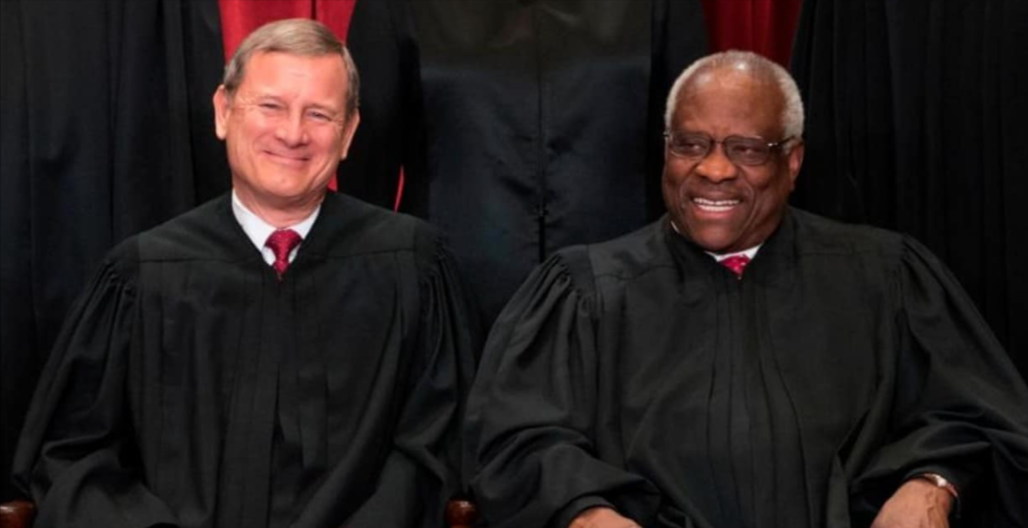SCOTUS Passes On Chance To Overturn Hawaii Second Amendment Ruling

The U.S. Supreme Court has declined to intervene in a ruling by Hawaii’s highest court that seemingly conflicts with its established Second Amendment interpretations.
In February, the Hawaii Supreme Court dismissed key rulings from landmark Second Amendment cases, stating that “the spirit of Aloha clashes with a federally mandated lifestyle that lets citizens walk around with deadly weapons during day-to-day activities.” The court further asserted that “there is no state constitutional right to carry a firearm in public” in Hawaii.
Justice Clarence Thomas, joined by Justice Samuel Alito, issued a statement expressing concern over the ruling but noted that addressing the matter “must await another day.” Along with Neil Gorsuch, the justices criticized the Hawaii court’s stance but declined to hear the case at this time due to procedural concerns.
The case in question involves Christopher Wilson, who was arrested in 2017 for carrying an unlicensed firearm while trespassing on private property. Thomas explained that Wilson had moved to dismiss only certain charges, leaving others, such as the trespassing charge, for trial. “Wilson moved to dismiss only some of his charges, most notably leaving for trial a trespassing charge on which his Second Amendment defense has no bearing,” Thomas wrote in a statement joined by Alito. “He thus seeks review of an interlocutory order over which we may not have jurisdiction.”
Thomas further criticized the Hawaii Supreme Court’s interpretation, stating that if it had adhered to the U.S. Supreme Court’s Second Amendment rulings, it “would have deemed the state’s licensing regulations unconstitutional and supported the dismissal of Wilson’s public-carry charges.” He added, “In an appropriate case, however, we should make clear that Americans are always free to invoke the Second Amendment as a defense against unconstitutional firearms-licensing schemes.”
In a separate statement, Gorsuch hinted that the issue might be revisited in the future if Hawaii’s judiciary fails to adjust its approach as the case moves forward.
In October, the Supreme Court upheld the constitutionality of a federal law prohibiting individuals under domestic violence restraining orders from possessing firearms. The decision was 8-1, with Justice Clarence Thomas dissenting.
“The court holds that when an individual has been found by a court to pose a credible threat to the physical safety of another, that individual may be temporarily disarmed consistent with the Second Amendment,” SCOTUS Blog reported.
Chief Justice John Roberts defended the ruling, writing, “Since the founding, our Nation’s firearm laws have included provisions preventing individuals who threaten physical harm to others from misusing firearms. As applied to the facts of this case, Section 922(g)(8) fits comfortably within this tradition.”
Roberts also addressed the application of the Court’s precedent in New York State Rifle & Pistol Association v. Bruen, emphasizing that its decisions should not be interpreted as static. “Some courts have misunderstood the methodology of our recent Second Amendment cases. These precedents were not meant to suggest a law trapped in amber,” he explained, adding that the Second Amendment is not confined to “muskets and sabers.”
Roberts elaborated that laws historically regulating firearms to address specific problems provide a framework for modern restrictions. “Why and how the regulation burdens the right are central to this inquiry,” he wrote.
In the same month, the Supreme Court unanimously upheld the Food and Drug Administration’s authority to regulate abortion-related medications. In a 9-0 decision, the Court ruled that challengers lacked standing to dispute the FDA’s approval process for the abortion drug mifepristone. The decision was hailed as a victory for the Biden administration and abortion rights advocates, according to Fox News.